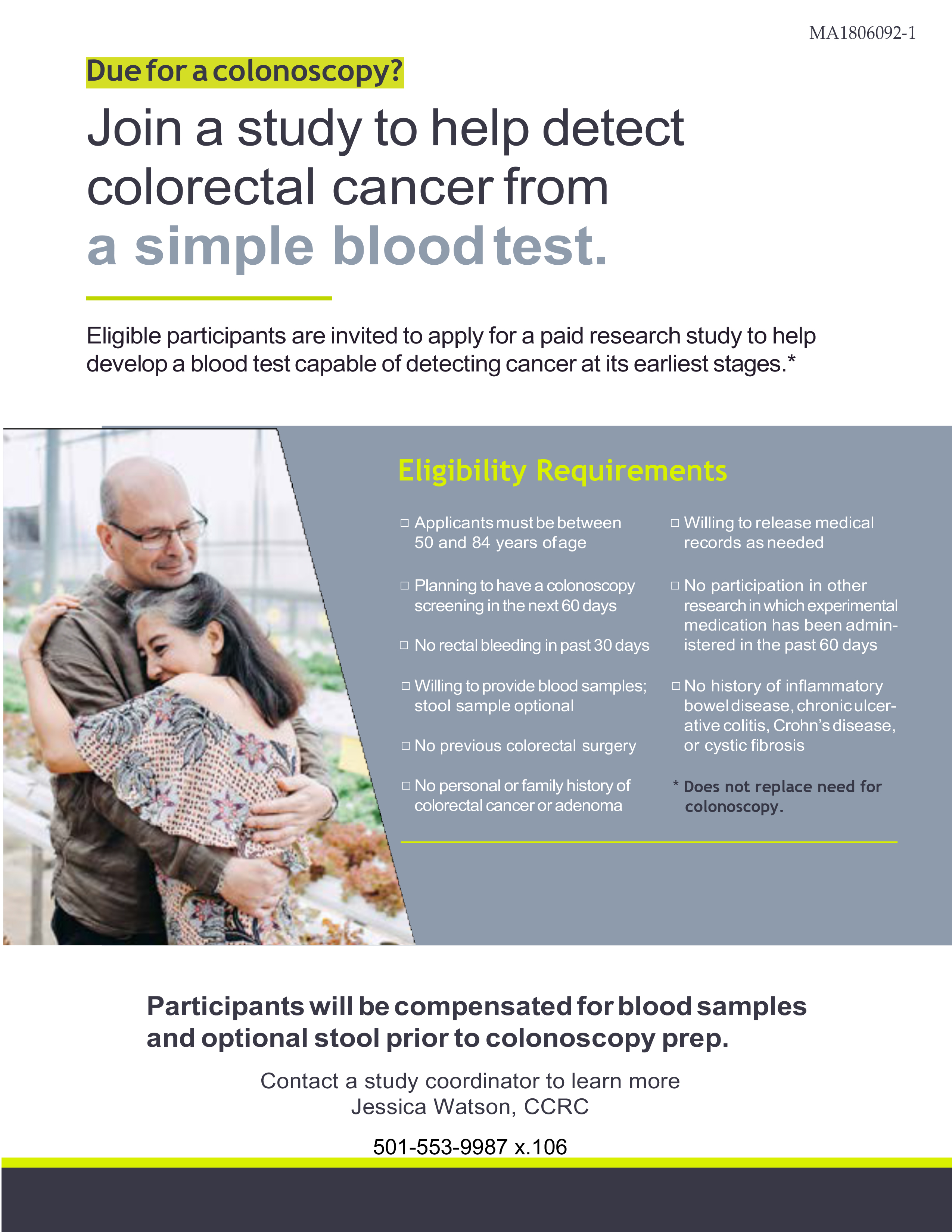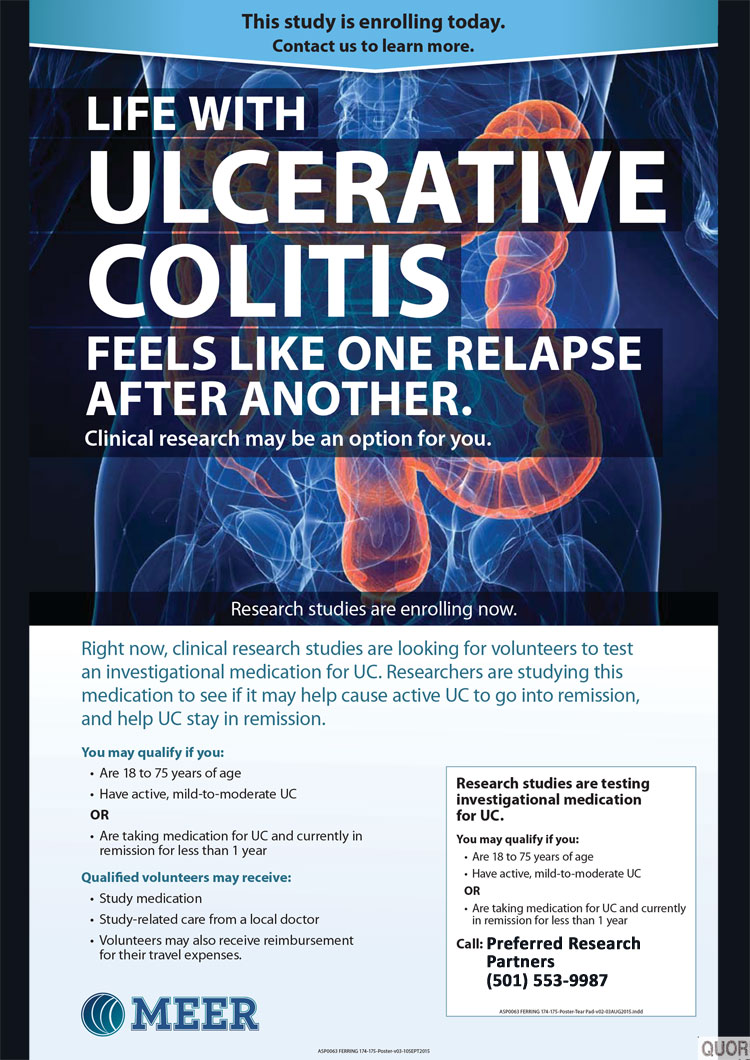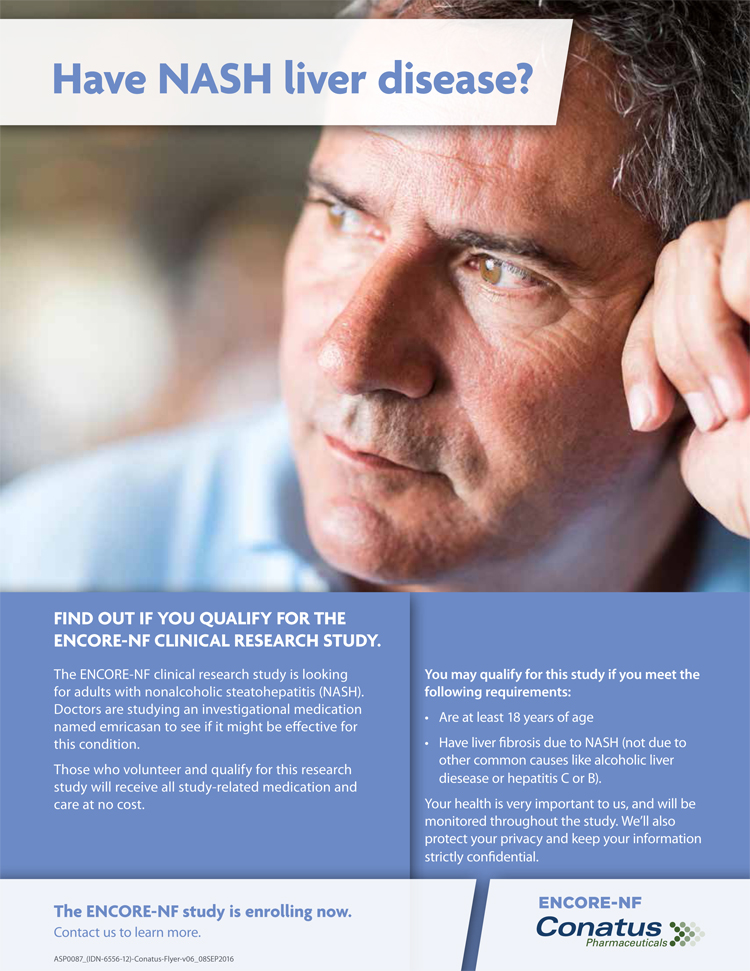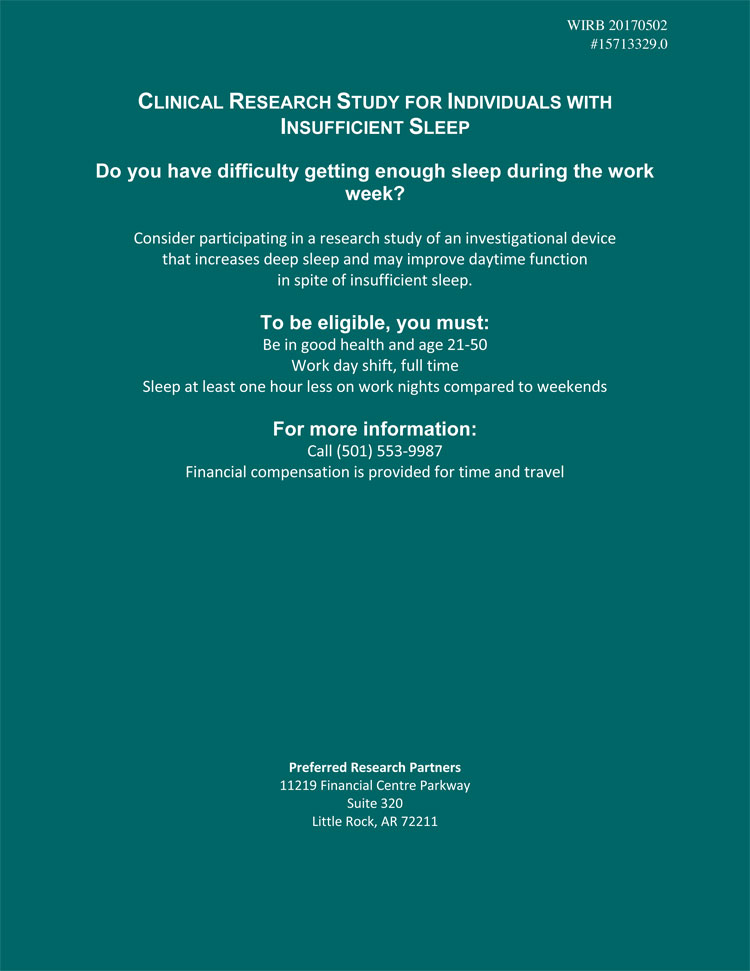The winter holidays are a time for friends, family…and food. All year round, gastroparesis suffers must be wary of how much, when, and what they eat. Gastroparesis is a disorder that interferes with proper food digestion. During the eating-centric winter holidays, with plenty of tasty temptations an arm’s length away, people with gastroparesis must remain vigilant so their symptoms don’t put a damper on the festivities. Taking a few bites of the wrong dish could cause a lot of discomfort in the following days.
Follow these tips for a holiday season focused more on fun, and less on gastroparesis-related discomfort.
Eat smaller, more frequent meals.
Eating four to six small meals throughout the day can help you better manage your symptoms. Some people like to fast all day before a big holiday meal, but this strategy doesn’t gel well with gastroparesis. Instead, eat smaller meals throughout the day and prepare yourself a small plate at any holiday feasts you attend, instead of a larger helping.
Opt for foods that are low in fat and fiber.
Foods that are high in fat and/or fiber slow down gastric emptying. Fibers can bind together and cause a stomach blockage of hardened food called a bezoar. High fiber foods include: apples, berries, coconuts, figs, oranges, Brussel sprouts, green beans, nuts and seeds, beans, and whole grains or bran.
Avoid triggers.
Smoking, alcohol, caffeine, spicy foods, and mint are some known triggers for some people with gastroparesis.
Chew well.
Solid food spends more time in the stomach so be sure to thoroughly chew each bite to aid digestion.
Walk it off.
Walking for 1-2 hours after meals can help aid in the emptying of the stomach. Catch a breath of fresh air and walk around the neighborhood after eating.
Want to learn more about gastroparesis? Visit our infographic for all the essential facts.











